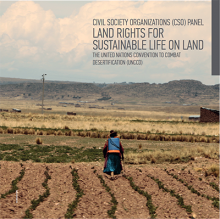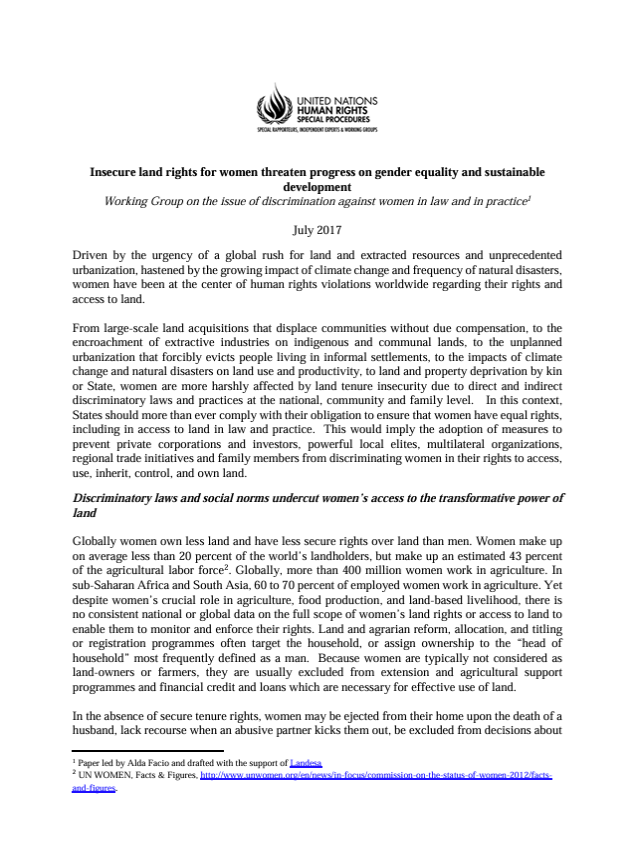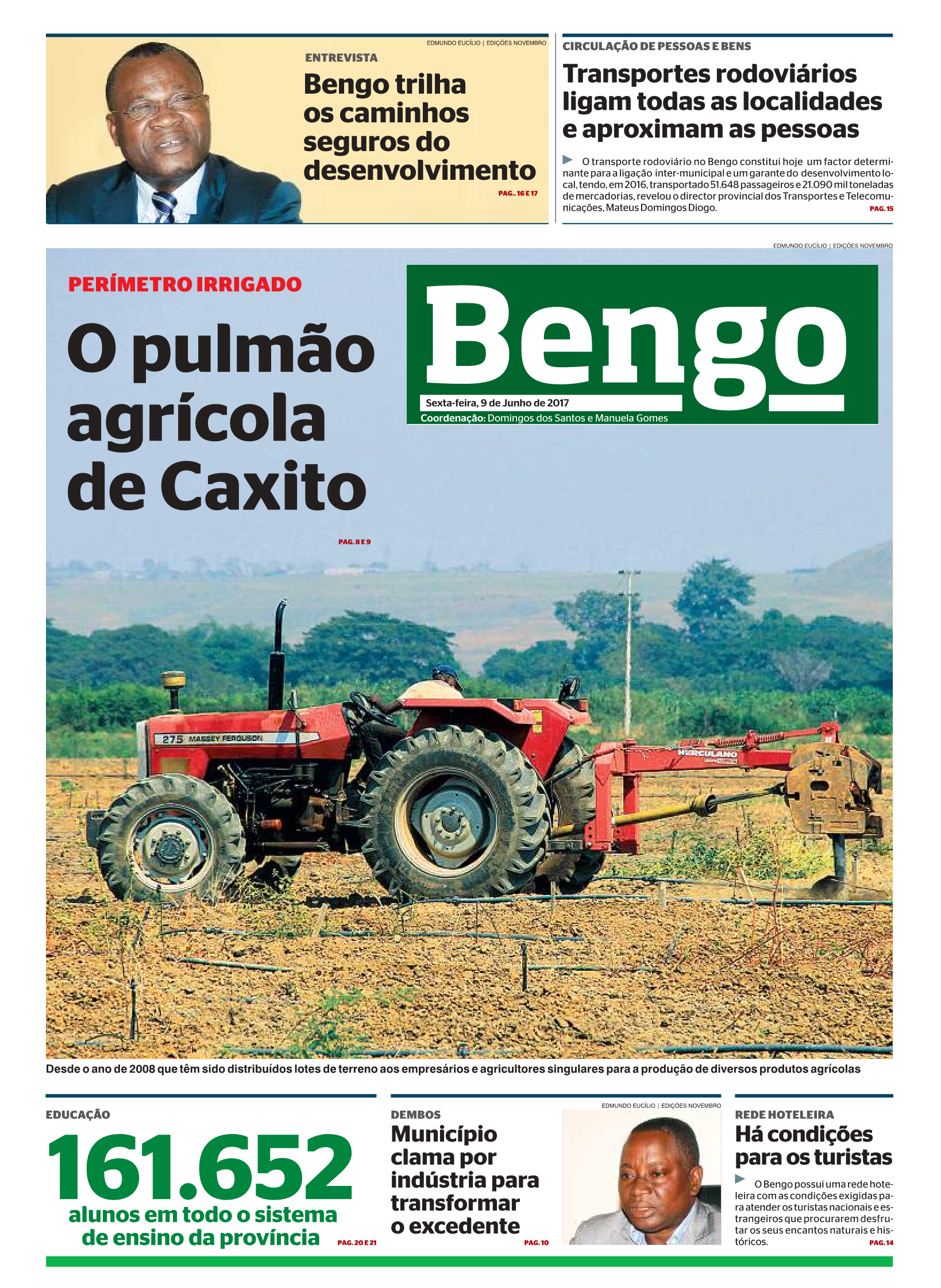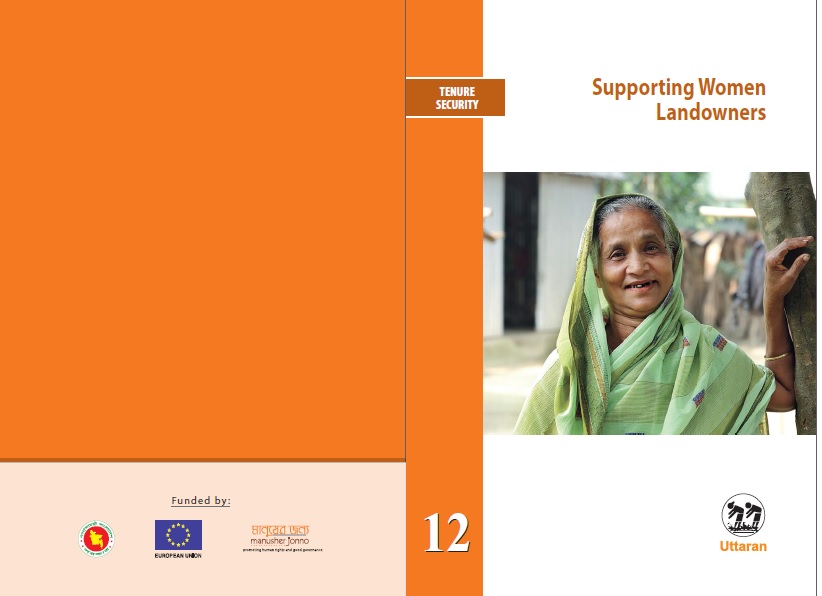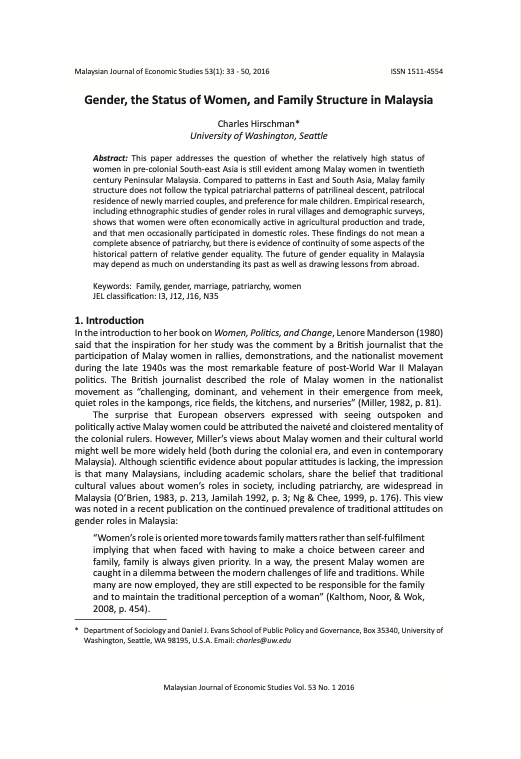Field Reseach and Desk Study Report
Teso Initiative for Peace (TIP) received funds from the German Federal Ministry for Economic Cooperation and Development (BMZ) that has been delegated through Deutsche Gesellschaft für Internationale Zusammenarbeit (GIZ) under a project titled “Responsible Land Policy in Uganda” (RELAPU). In its pursuit to reduce extreme poverty and hunger in the world under its Field of Action 6 i.e.

